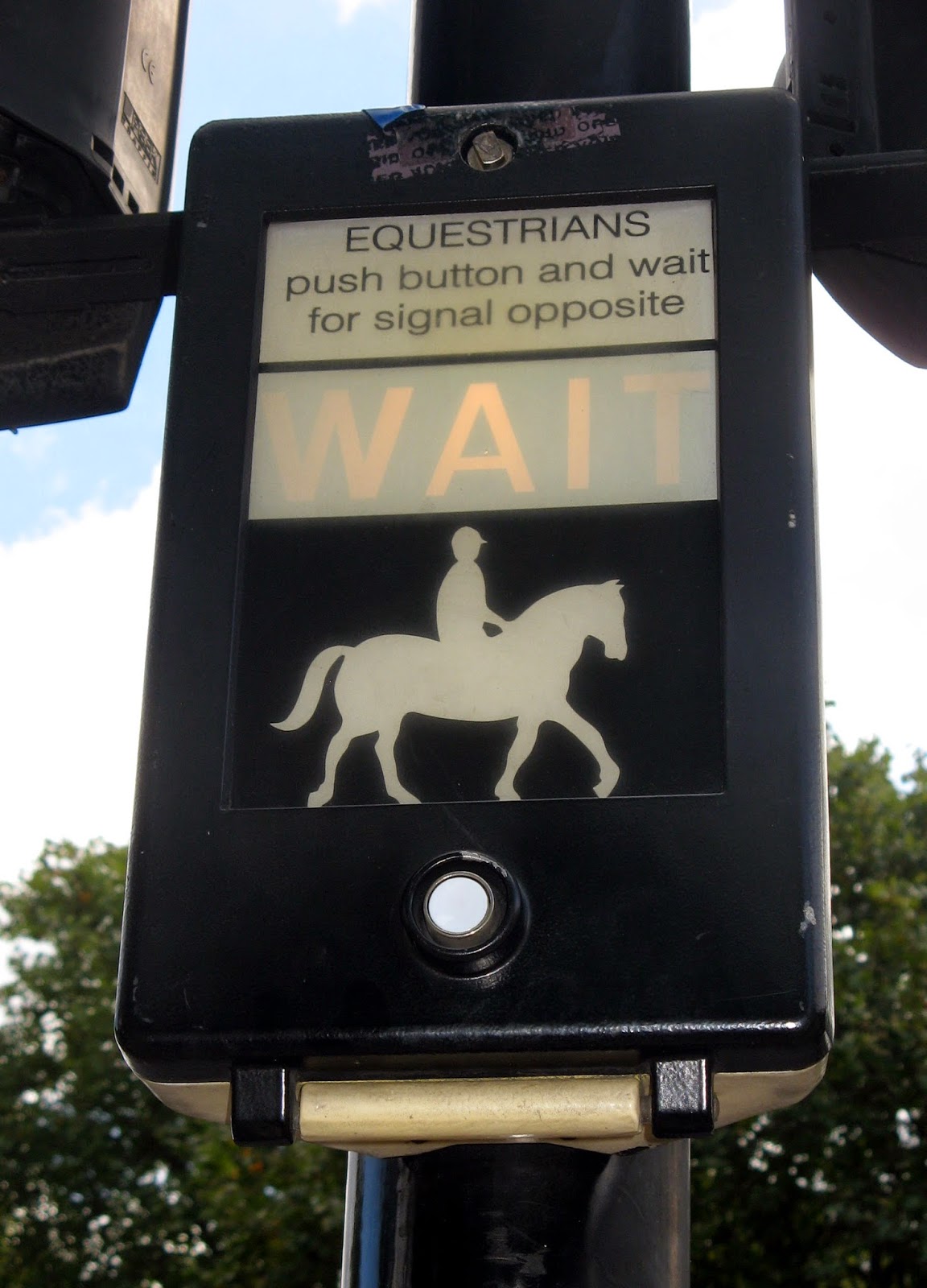Hotel du Lac - Social Pressure by the Lake
 |
| Hidden social pressures by the lake. Image by pilottage
Anita Brookner's novel, Hotel du Lac, reveals how society limits women's mental and physical space and illustrates women's conformity to societal norms.
In Anita Brookner’s novel, Hotel du Lac, 1993, the protagonist Edith Hope, a romantic novelist, endeavours to fulfill her community’s expectations by normalising her lifestyle through marriage. When Edith transgresses socially accepted behaviour by jilting her fiancé, her cautious friends swiftly remove her to an austere, out of season, Swiss hotel.
Hotel du Lac – A Woman’s Forced Exile Even in exile, inherent societal pressures almost force Edith to accept another marriage proposal, but fortunately her involuntary displacement widens her perspective and she desists. Firstly through choice of setting, this novel about a woman’s forced exile reveals how society limits women’s mental and physical space. It also illustrates how women conform to societal norms and categorise themselves and others into socially acceptable genera, thus allowing society to impede their identity formation. Even in exile, inherent societal pressures almost force Edith to accept another marriage proposal, but fortunately her involuntary displacement widens her perspective and she desists. Firstly through choice of setting, this novel about a woman’s forced exile reveals how society limits women’s mental and physical space. It also illustrates how women conform to societal norms and categorise themselves and others into socially acceptable genera, thus allowing society to impede their identity formation.Edith is Put in Her Place
Usually, mythology, associates women with an intimate, interior, and stable place and men with the exploration and conquest of unbounded, expansive space. In fiction, a medium that provides limitless scope for mental and physical freedom, one would assume the pattern to be questioned.
 Yet, even though her role as a protagonist would seemingly empower her with certain liberties, Edith Hope acquires no movement; she has, as Jane Marcus in her essay, “Alibis and Legends. The Ethics of Elsewhere, Gender and Estrangement’ in Woman’s Writing in Exile, 1989, describes, been “put in her place” (270). For the title of Brookner's novel, Hotel du Lac, does not presume a journey to, or return from, or adventures in a location, but suggests a point on a map, a finite spot, a setting in which little activity will transpire. Yet, even though her role as a protagonist would seemingly empower her with certain liberties, Edith Hope acquires no movement; she has, as Jane Marcus in her essay, “Alibis and Legends. The Ethics of Elsewhere, Gender and Estrangement’ in Woman’s Writing in Exile, 1989, describes, been “put in her place” (270). For the title of Brookner's novel, Hotel du Lac, does not presume a journey to, or return from, or adventures in a location, but suggests a point on a map, a finite spot, a setting in which little activity will transpire.
Although the location produces a sensation of listlessness, water usually symbolises travel and discovery. However, the hotel rests on the shores of a lake – an enclosed expanse of water – offering little sense of discovery or freedom.
The lake’s defined boundaries can be seen to represent the limits within which women function in society. Paradoxically, many writers choose exile to arouse inspiration, but “this solitude to which [Edith is] banished” (21) by her close friends will not fire her creativity, but instead encourage the revival of the values demanded by her social circle.
Besides its parochial location, the hotel provides no agreeable pursuits; it resembles a microcosm void of stimulation. The “absence of piped music, public telephones . . . sauna, [and] hairdresser” (14) prohibits physical or mental indulgences. The corridors “vibrant with absence” and “sparse[] . . . terrace[s]” afford little pleasure. Only “pale light filter[s] through a large window” (13), suggesting no life giving force may penetrate “the dense warm silence of the place” (51). Furthermore, the hotel inhibits socialising by persuading its residents to lower their conversations to a “muted hush” and its “small, dark, bar, [discourages] people [from] linger[ing]” (14).
Hotel du Lac – Restores Female 'Values'
Resembling aspects of society, Hotel du Lac offers no room for individuation or self-development for its “cast-off or abandoned” (92) female patrons. Merely uniformity, constriction, and “harmless womanly things” (92) permeate the atmosphere in this “place guaranteed to provide a restorative sojourn” (15). Edith’s women friends, who sent here to this place, adhere to clearly established norms; they do not intend a daring journey of enlightenment for Edith, but a pilgrimage of internal restoration. Altogether, the setting reveals they have expelled her to a place “in which she [can] be counted upon to retrieve her serious and hard working personality and to forget [her] unfortunate lapse” (8) and of course restore her values in accordance with their expectations and those of her social class and society.
Sources:
Copyright Lesley Lanir. Contact the author to obtain permission for republication. First published on Suite101 by Lesley Lanir Mar 1, 2011
|




Slot Machines In Miami | jtmhub.com
ReplyDeleteFind out more about online slots, card games, 대전광역 출장마사지 live casino 광명 출장샵 and poker 영주 출장안마 at JTM Hub in Miami. Explore games, 고양 출장샵 payouts, bonuses and mobile apps. 전라북도 출장샵